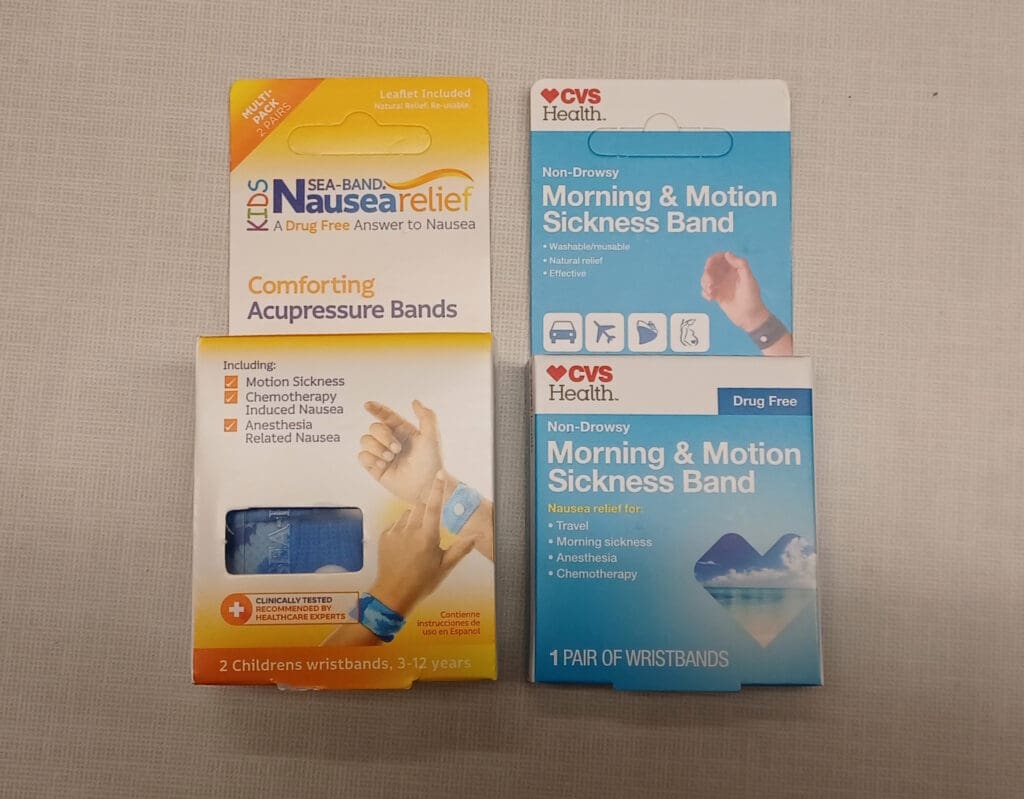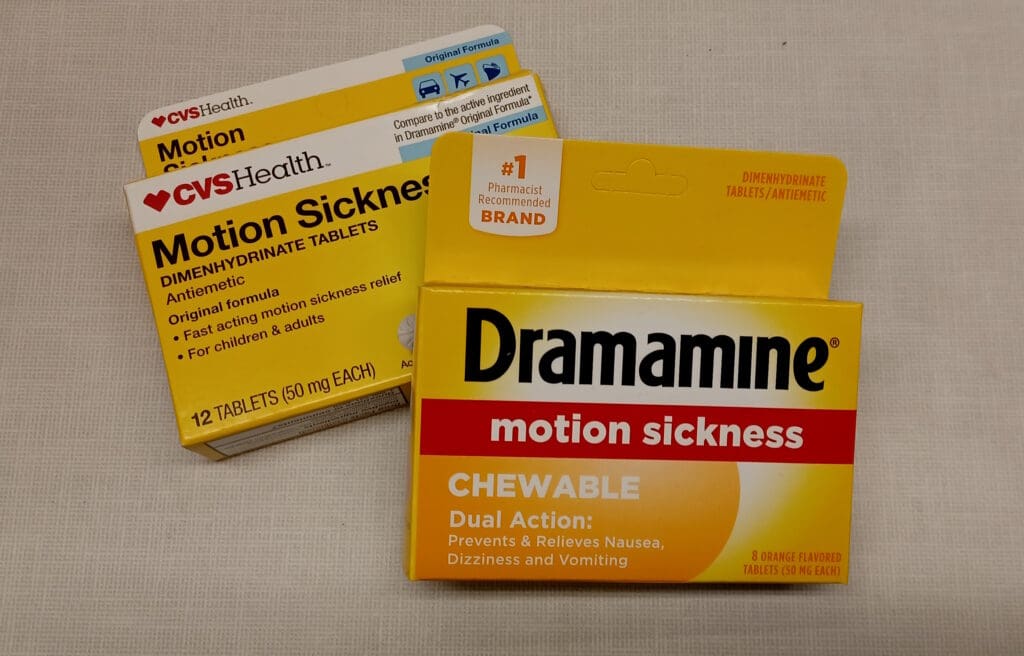Advertiser Disclosure: Eye of the Flyer, a division of Chatterbox Entertainment, Inc., is part of an affiliate sales network and and may earn compensation when a customer clicks on a link, when an application is approved, or when an account is opened. This relationship may impact how and where links appear on this site. This site does not include all financial companies or all available financial offers. Opinions, reviews, analyses & recommendations are the author’s alone, and have not been reviewed, endorsed, or approved by any of these entities. Some links on this page are affiliate or referral links. We may receive a commission or referral bonus for purchases or successful applications made during shopping sessions or signups initiated from clicking those links.
Cruise ships are a popular vacation option for many people, but for some, the fear of sea sickness can keep them on land. Sea sickness is a common condition that can make your vacation less enjoyable. However, there are several steps you can take to avoid getting sea sick on a cruise ship.
Get plenty of rest before your trip. Also, keep yourself hydrated. Drinking plenty of water can help to keep your body balanced and reduce the chances of getting sea sick. You can also adjust to the motion of the ship by boarding early.

Avoid heavy meals and alcohol. Eating a heavy meal or drinking alcohol can make you feel more queasy when the ship is in motion. Instead, opt for light meals and avoid alcohol.
Stay on deck. Being on the upper decks of the ship can help reduce the motion you feel and make you less likely to get sea sick. Also, keep your eyes on the horizon to help reduce the motion you feel and make you less likely to get sea sick.

Book a cabin with a balcony and try for the middle of the ship. Having a balcony can help you get fresh air and a change of scenery, which can help to alleviate sea sickness. The middle of the ship tends to have less motion than the front or back, making it a better place to be when you are feeling sea sick.
Distract yourself. Engage in some activities like reading a book, playing cards or watching movies, this will help distract you from the motion of the ship and make you less likely to get sea sick.
Take a cruise during shoulder season. Choosing to take your cruise during shoulder season, when the sea is usually calmer, can reduce the chances of getting sea sick.

Take preventive measures. Over-the-counter medication such as Dramamine or Bonine can be taken before your trip to help prevent sea sickness. Try acupressure wristbands. Use aromatherapy with essential oils such as ginger, peppermint or lavender to ease nausea and vomiting. Try meditation or deep breathing exercises.
Consult a doctor. If you have a history of sea sickness or other medical conditions, it’s a good idea to consult a doctor before your trip. They may be able to provide you with additional advice or prescribe a medication to help prevent sea sickness.
Remember, everyone’s experience with sea sickness is different and may vary depending on the individual and the conditions of the trip. Some feel fine while onboard but then feel the motion of the ship for days or weeks after returning to dry land. (my wife asks me repeatedly why the house is moving after we return!) These tips can help you reduce the risk of getting sea sick, but it’s always a good idea to be prepared with medication or other remedies just in case. – René
Advertiser Disclosure: Eye of the Flyer, a division of Chatterbox Entertainment, Inc., is part of an affiliate sales network and and may earn compensation when a customer clicks on a link, when an application is approved, or when an account is opened. This relationship may impact how and where links appear on this site. This site does not include all financial companies or all available financial offers. Opinions, reviews, analyses & recommendations are the author’s alone, and have not been reviewed, endorsed, or approved by any of these entities. Some links on this page are affiliate or referral links. We may receive a commission or referral bonus for purchases or successful applications made during shopping sessions or signups initiated from clicking those links.












The only problem with meds is that I get blurry vision so reading etc is hard to do…but they work most of the time…